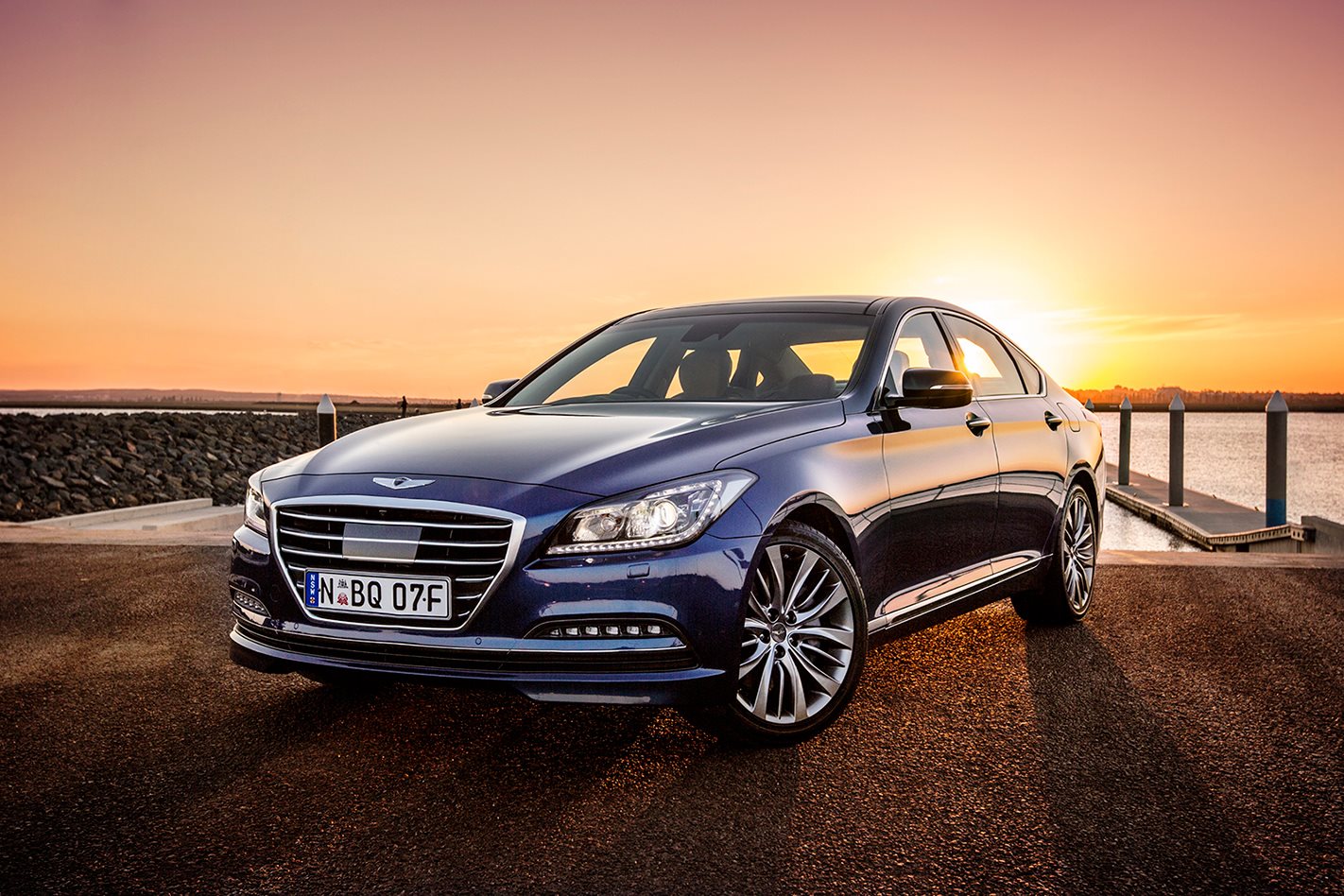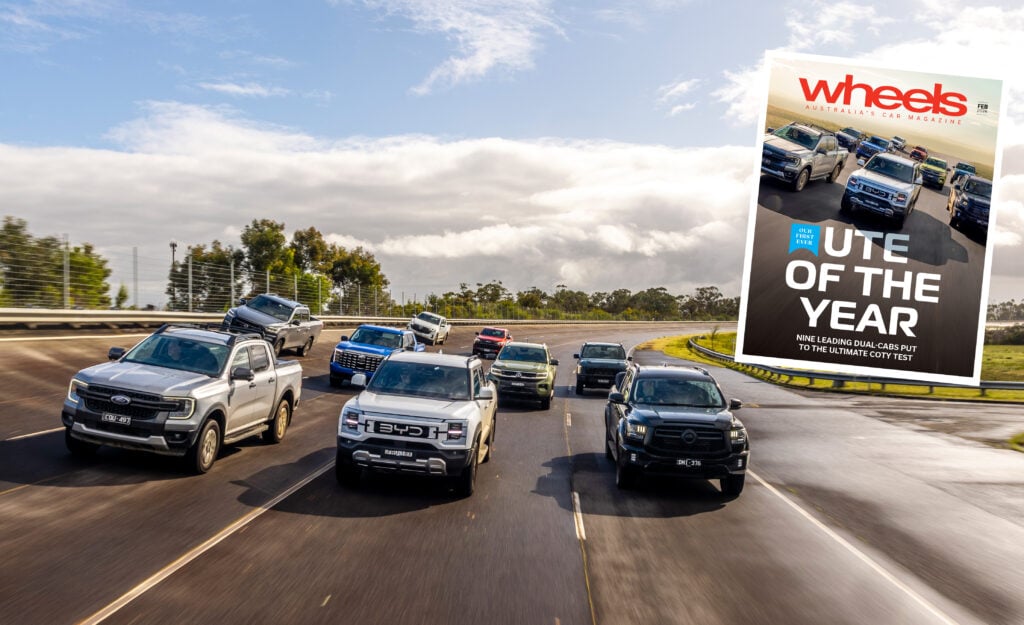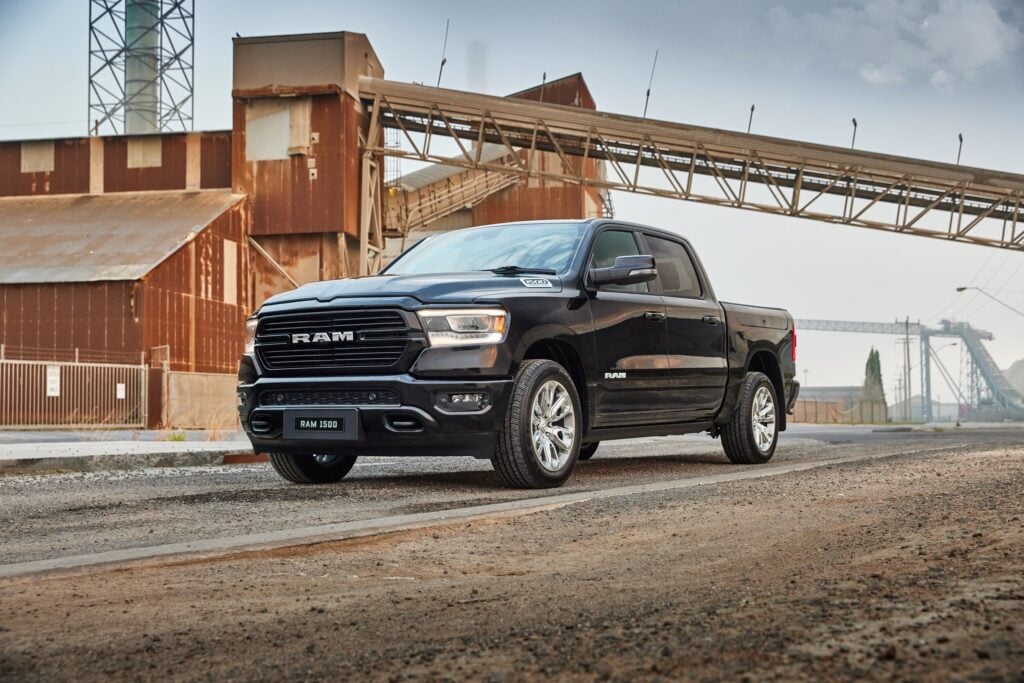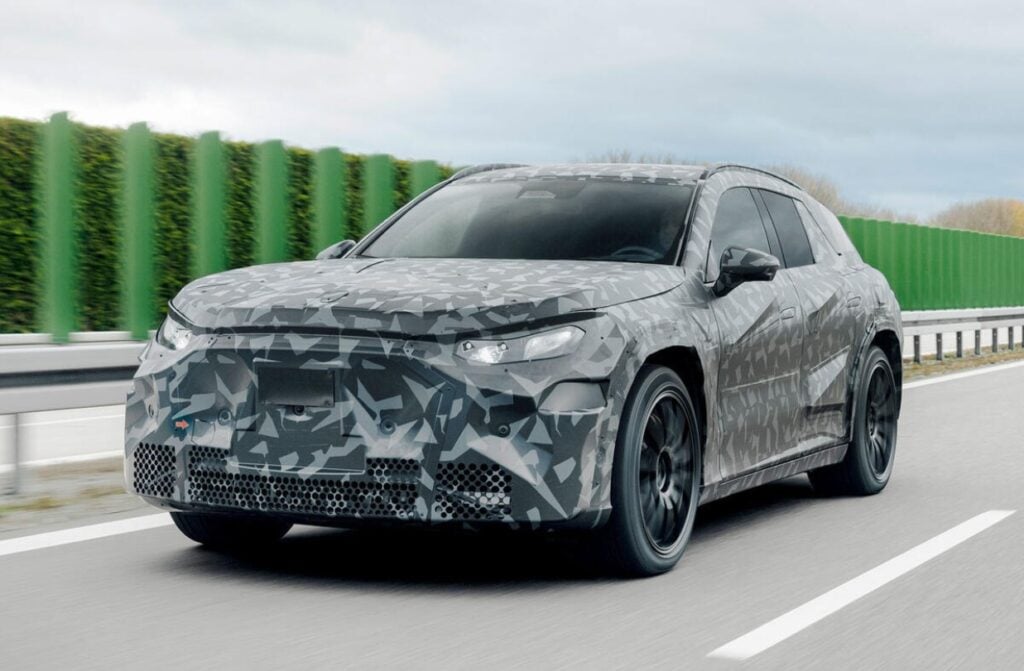HISTORY suggests Hyundai’s new Genesis will be a slow seller. A very slow seller.
Predictions the new V6-powered large car – priced between $60,000 and $82,000 – could sell as many as 1000 cars annually are tempered by past performances from established and developing mainstream brands – including Hyundai – in previously tackling the brand-conscious luxury market.
Hyundai’s last attempt at a luxury car, the Grandeur – also with a 3.8-litre V6, a target of attracting “new luxury” buyers and a goal of 1000 sales per year – managed just 1033 sales over the seven years it was on sale.
Honda also had big plans for its then repositioned and reimagined Legend, only to have the 600 annual sales tally fall into a reality heap of 404 units in its first year. Over the next six full years the car has been on sale just 388 have sold.
Then there was Korean upstart Ssangyong, which in 2005 introduced its $56,990 Chairman – complete with old Mercedes-Benz mechanicals – with little success. Just 112 were sold in four years. But at least the company’s sales goals of 50 a year were initially close to the money, although a planned circa-$100k long wheelbase version never materialised.
The sales pitch is familiar – more for less.
In the case of the Genesis there’s the usual array of leather trim, heated electric front seats, sat-nav, smart key entry and rain-sensing wipers as well as things such as lane departure warning, auto high beams, auto opening bootlid, radar cruise control and autonomous emergency braking.
There’s also five years or 75,000km of free servicing, a five-year warranty and a financing program that guarantees residual values, to allay fears of poor resale.
Tempters aside, even well regarded, established European brands struggle with shifting luxury perceptions.
In 2005 Volkswagen abandoned much hyped plans to introduce its just-as-hyped Phaeton to Australia. The “imposing” limousine claimed to outgun more prestigious German rivals – it was the world’s best luxury car, according to Volkswagen.
It may well have been, but it failed in the sales race. The planned Australian launch was called off once executives realised the enormity of the task of breaking the established luxury status quo.
Without a unique brand or an artificial leg-up – such as the tariff protection for local manufacturers – no mainstream manufacturer has come close to barging into the luxury club dominated by powerhouses such as Mercedes-Benz, Audi and BMW.
Even the once favoured locally-produced Holden and Ford luxury offerings have experienced a seismic sales decline.
Back in 2000 the locally produced Ford Fairlane/LTD and Holden Statesman/Caprice used to account for the best part of 10,000 sales. Three of those models have now been killed off and the sole survivor – Holden’s Caprice – manages about 1500 annually, and could also have been culled if it wasn’t for a police vehicle export program to the US.
And large sedans are on the nose: In 1998 there were 217,000 large cars sold, accounting for 27 percent of the market. Despite overall market growth of 36 percent, 2014 is on track for 50,000 large car sales, representing just 4.5 percent of the market.
Hyundai acknowledges the Genesis has a monumental task ahead.
“We know it’s a significant challenge,” says Hyundai Australia chief operating officer John Elsworth. “We’re putting our best foot forward.”
Hyundai says the car is more about proving what the brand is capable of with the goal of changing people’s perceptions and putting Hyundai on more new-car shopping lists.
More than outright sales, the Genesis is designed to lift the Hyundai brand, which was once solely known for $12,990 city runabouts.
Hence the reason not to follow the traditional luxury business model of creating a separate brand, in the same way Toyota created Lexus and Nissan created Infiniti.
“It didn’t make a lot of sense to us as to why you wouldn’t badge it a Hyundai – this car is in our range to demonstrate just how far Hyundai has come,” says Elsworth.
“We’re proud to put a Hyundai badge on it.”
In analysing the market, Hyundai has carved the luxury segment into three broad buyer groups: traditionalists, who buy large locally-produced Fords and Holdens; badge devotees, “who see a luxury badge as a prerequisite”; and the thoughtful self-starters – or “astute thinkers” – who “believe product content and capability have far more interest and appeal that badge traditions” and “who aren’t interested in projected status or conspicuous displays of wealth”.
It’s that last group Hyundai is most actively targeting, with hopes of convincing them just because it has a value badge doesn’t mean it can’t match it with the luxury big boys.
In other words, a monumental task.





